- Browse
- Device Simulation
Results for "device+simulation"
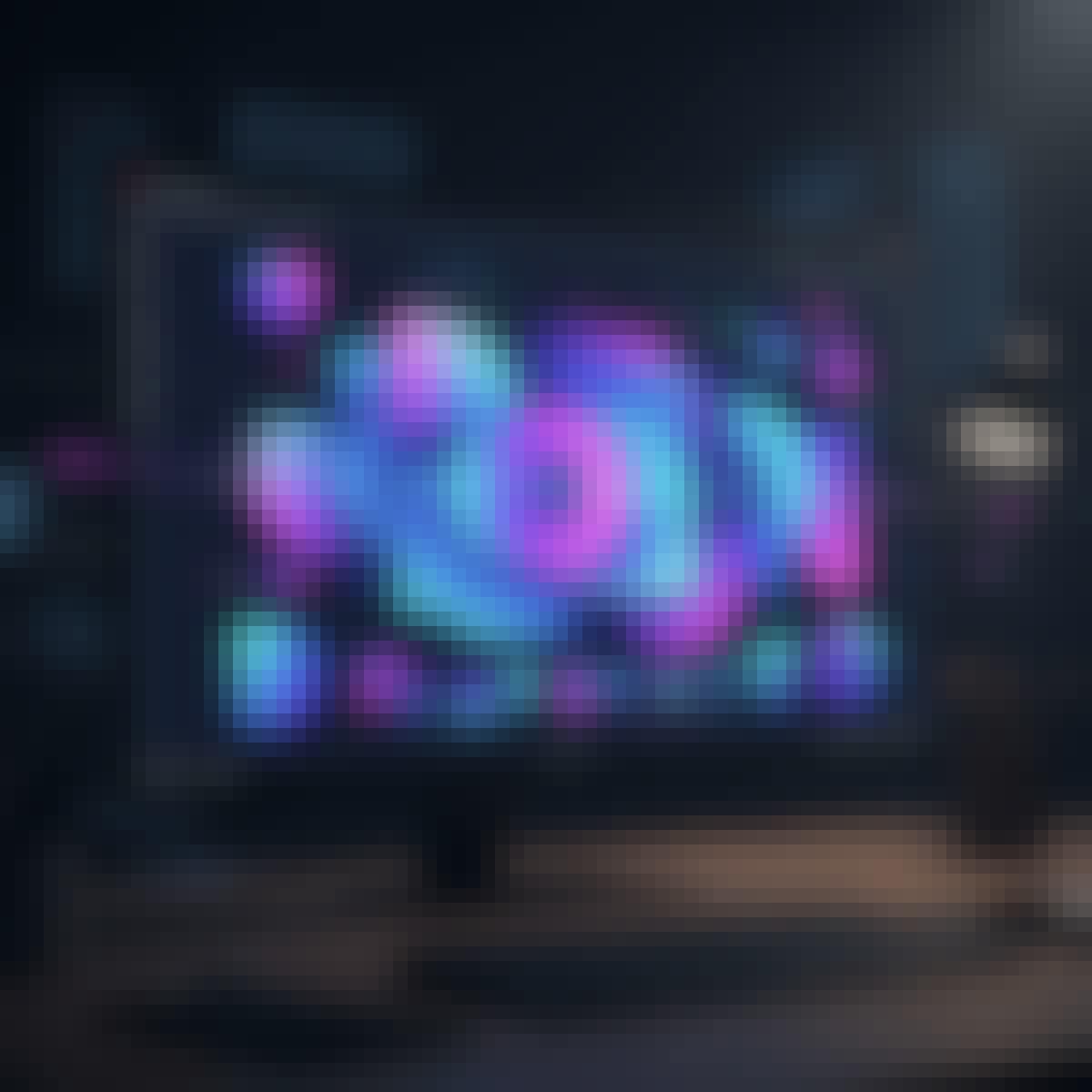 Status: NewNewStatus: Free TrialFree Trial
Status: NewNewStatus: Free TrialFree TrialSkills you'll gain: Computer Graphics, Visualization (Computer Graphics), Application Design, C# (Programming Language), UI Components, Software Visualization, .NET Framework, Graphical Tools, Animations, Animation and Game Design, Image Analysis, User Interface (UI), User Interface (UI) Design, Application Development
Beginner · Specialization · 1 - 3 Months
 Status: NewNewStatus: Free TrialFree Trial
Status: NewNewStatus: Free TrialFree TrialSkills you'll gain: 3D Modeling, Integration Testing, Programming Principles, Data Structures, Computer Programming
Intermediate · Specialization · 1 - 3 Months
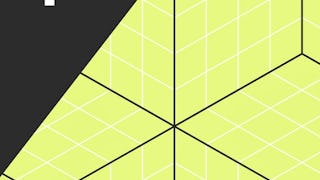 Status: NewNewStatus: Free TrialFree Trial
Status: NewNewStatus: Free TrialFree TrialSkills you'll gain: Programmable Logic Controllers, Simulation and Simulation Software, Industrial Engineering, Control Systems, Data Structures, Electronic Hardware, Microsoft Azure, Automation, Mobile Development Tools, Performance Tuning, Data Management, System Implementation, System Configuration, Application Programming Interface (API), Data Integration, Communication, Simulations
Intermediate · Specialization · 3 - 6 Months
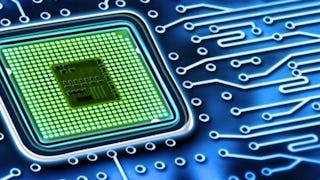 Status: Free TrialFree Trial
Status: Free TrialFree TrialSkills you'll gain: Field-Programmable Gate Array (FPGA), Electronic Systems, Hardware Design, Application Specific Integrated Circuits, Electronics Engineering, Serial Peripheral Interface, Computational Logic, Electrical Engineering, Computer Architecture, Schematic Diagrams, Semiconductors, Electronic Hardware, Electronics, Electronic Components, Internet Of Things, Embedded Systems, Theoretical Computer Science, Electrical and Computer Engineering, Diagram Design, Programmable Logic Controllers
4.5·Rating, 4.5 out of 5 stars169 reviewsIntermediate · Specialization · 3 - 6 Months
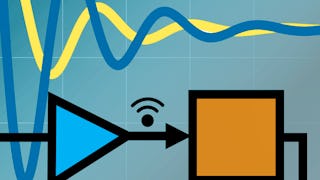 M
MMathWorks
Skills you'll gain: Simulation and Simulation Software, Control Systems, Model Based Systems Engineering, Engineering Design Process, Mathematical Modeling, Engineering Analysis, Systems Analysis, Test Case, Systems Design, Performance Tuning, Automation Engineering, Matlab
4.8·Rating, 4.8 out of 5 stars51 reviewsBeginner · Course · 1 - 4 Weeks
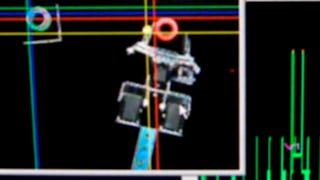 Status: Free TrialFree TrialU
Status: Free TrialFree TrialUUniversity of Colorado Boulder
Skills you'll gain: Real-Time Operating Systems, Embedded Systems, Reliability, Software Systems, Performance Tuning, Embedded Software, Control Systems, Hardware Architecture, Systems Architecture, Software Design, Debugging, Software Architecture, Verification And Validation, Hardware Design, System Design and Implementation, Linux, System Programming, Code Review, Systems Engineering, Real Time Data
Build toward a degree
4·Rating, 4 out of 5 stars122 reviewsIntermediate · Specialization · 3 - 6 Months
What brings you to Coursera today?
 Status: NewNewStatus: Free TrialFree Trial
Status: NewNewStatus: Free TrialFree TrialSkills you'll gain: Constructive Feedback, Ethical Standards And Conduct, Healthcare Ethics, Decision Making, Patient-centered Care, Patient Communication, Patient Education And Counseling, Discussion Facilitation, Clinical Leadership, Train The Trainer, Empowerment, Instructional Design, Instructional Strategies, Empathy
Beginner · Course · 1 - 4 Weeks
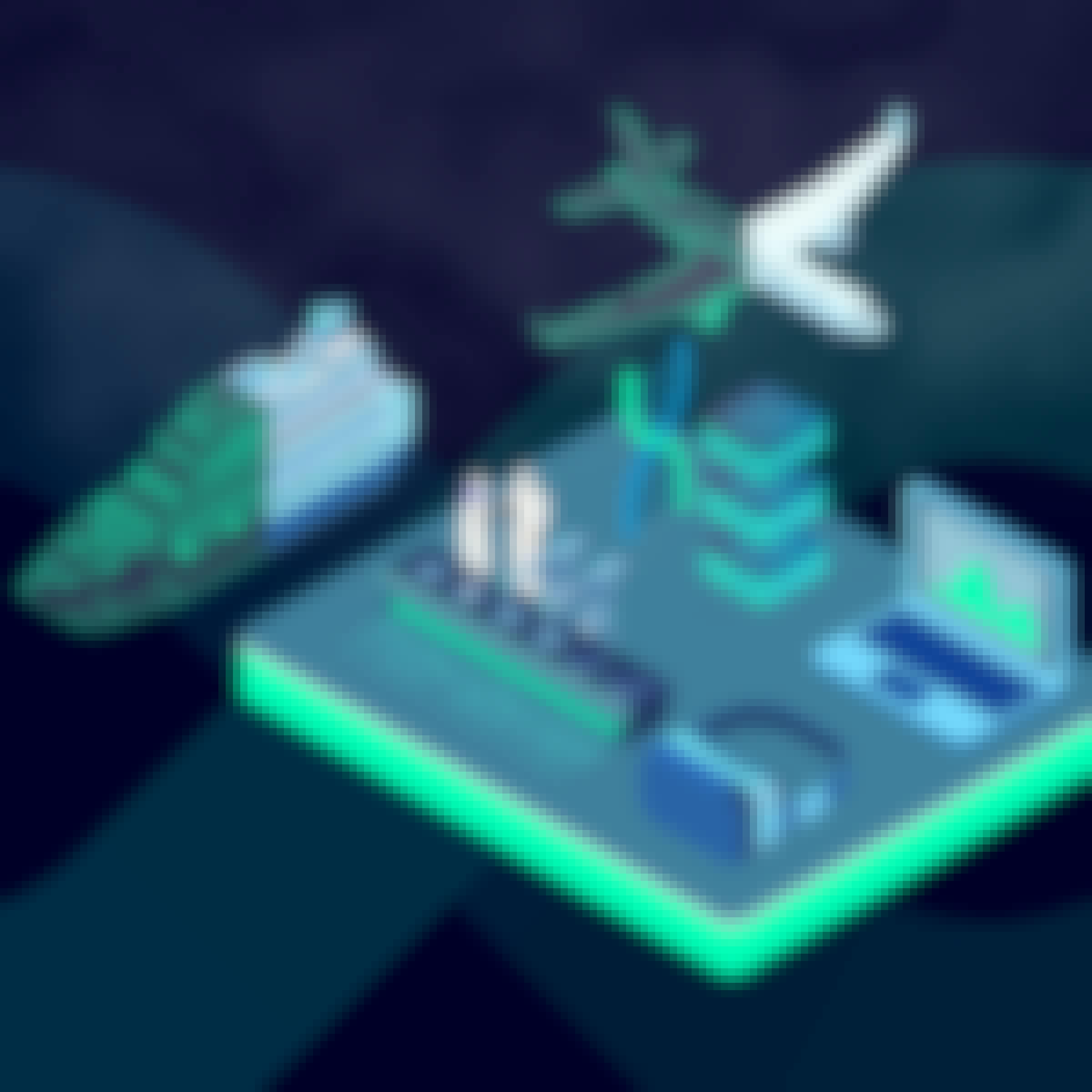 Status: NewNewStatus: PreviewPreview
Status: NewNewStatus: PreviewPreviewSkills you'll gain: Business Transformation, Manufacturing Operations, Digital Transformation, Information Technology Operations, Cloud Computing
Beginner · Course · 1 - 3 Months
 Status: Free TrialFree TrialU
Status: Free TrialFree TrialUUniversity of Toronto
Skills you'll gain: Computer Vision, Convolutional Neural Networks, Image Analysis, Control Systems, Robotics, Embedded Software, Automation, Deep Learning, Software Architecture, Simulations, Safety Assurance, Traffic Flow Optimization, Artificial Neural Networks, Global Positioning Systems, Machine Controls, Hardware Architecture, Systems Architecture, Network Routing, Estimation, Machine Learning Methods
4.7·Rating, 4.7 out of 5 stars3.5K reviewsAdvanced · Specialization · 3 - 6 Months
 Status: Free TrialFree TrialU
Status: Free TrialFree TrialUUniversity of Colorado Boulder
Skills you'll gain: Semiconductors, Electrical Engineering, Electronic Systems, Electronic Components, Materials science, Electronic Hardware, Electronics, Electrical and Computer Engineering, Physics, Electronics Engineering, Applied Mathematics, Mathematical Modeling
Build toward a degree
4.4·Rating, 4.4 out of 5 stars612 reviewsAdvanced · Specialization · 1 - 3 Months
 Status: Free TrialFree TrialU
Status: Free TrialFree TrialUUniversity of London
Skills you'll gain: Virtual Reality, Augmented and Virtual Reality (AR/VR), Unity Engine, Video Game Development, 3D Assets, Visualization (Computer Graphics), Computer Graphics, Game Design, Prototyping, Interaction Design, Virtual Environment, Storyboarding, User Interface (UI), Human Computer Interaction, 3D Modeling, Animations, Application Design, Display Devices, Ideation, Usability Testing
4.7·Rating, 4.7 out of 5 stars2.1K reviewsBeginner · Specialization · 3 - 6 Months
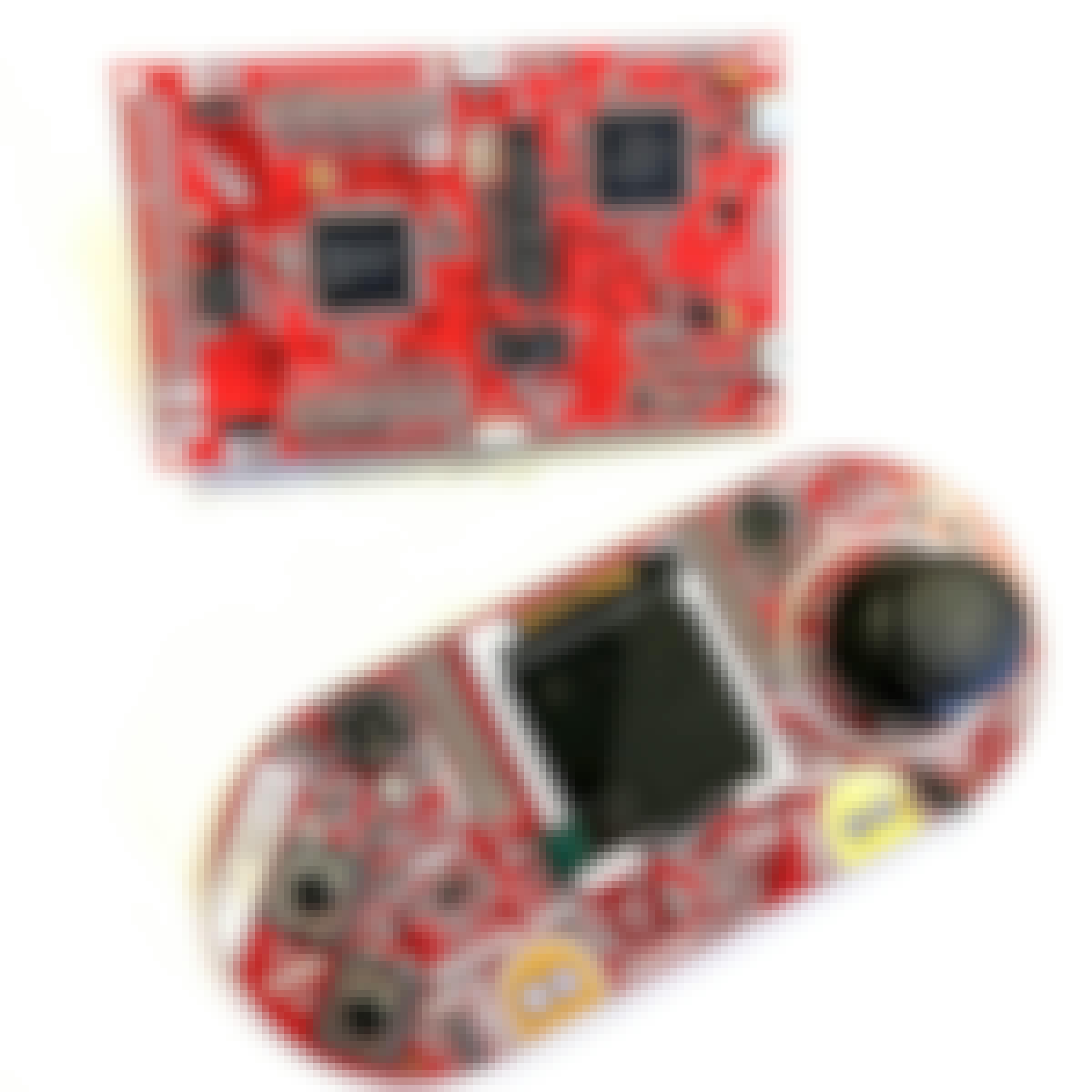 U
UUniversity of Colorado Boulder
Skills you'll gain: Software Configuration Management, Embedded Software, Embedded Systems, Git (Version Control System), Version Control, Build Tools, Software Development Tools, C (Programming Language), Development Environment, Software Technical Review, Software Design, Hardware Architecture, Computer Architecture, Debugging
4.5·Rating, 4.5 out of 5 stars647 reviewsIntermediate · Course · 1 - 4 Weeks
In summary, here are 10 of our most popular device+simulation courses
- C# Computer Graphics and Visual Effects Development: EDUCBA
- Procedural Maze Building - Unity 6 and Blender Compatible: Packt
- Allen Bradley Micro850 PLC with IIoT: Packt
- Chip based VLSI design for Industrial Applications: L&T EduTech
- Modeling and Simulation with Simulink : MathWorks
- Real-Time Embedded Systems: University of Colorado Boulder
- Empower Patients: Autonomy Through Simulation and Role-Play: Coursera
- Introduction to the Industrial Metaverse (IMV): Siemens
- Self-Driving Cars: University of Toronto
- Semiconductor Devices: University of Colorado Boulder










